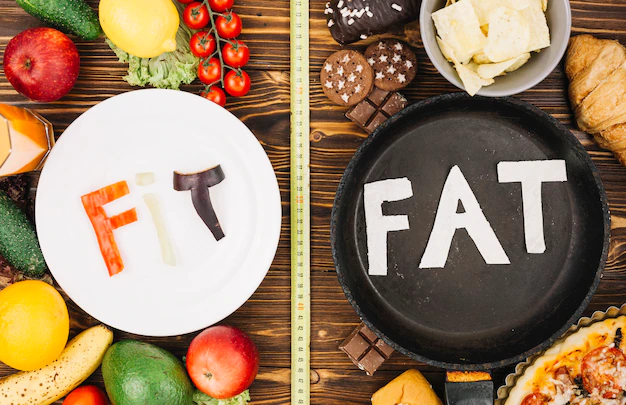Teflon Health Concerns

Teflon is a brand name for a type of non-stick coating called polytetrafluoroethylene (PTFE), which is used on various types of cookware, including frying pans and baking sheets. Over the years, there have been concerns about the potential health risks of using Teflon-coated cookware.
One of the main concerns is that when Teflon is heated to high temperatures, it can release toxic fumes that can cause flu-like symptoms in people and can be fatal to birds. This condition is called polymer fume fever and is caused by inhaling fumes from overheated Teflon.
In addition, some studies have suggested that the chemicals used in the production of Teflon, including perfluorooctanoic acid (PFOA), may be linked to health problems such as cancer, thyroid disease, and developmental problems.
However, the amount of PFOA released during the normal use of Teflon-coated cookware is thought to be negligible and not a significant health risk. In fact, the US Food and Drug Administration (FDA) has deemed Teflon to be safe for use in cookware.
To minimize any potential health risks, it is recommended that Teflon-coated cookware be used at low to medium heat and that metal utensils be avoided, as they can scratch the surface and release small amounts of Teflon into the food. It is also important to avoid overheating the cookware and to use proper ventilation when cooking.
Ultimately, while there have been concerns about the health risks of Teflon, when used properly and at appropriate temperatures, it is generally considered to be safe for cooking.
